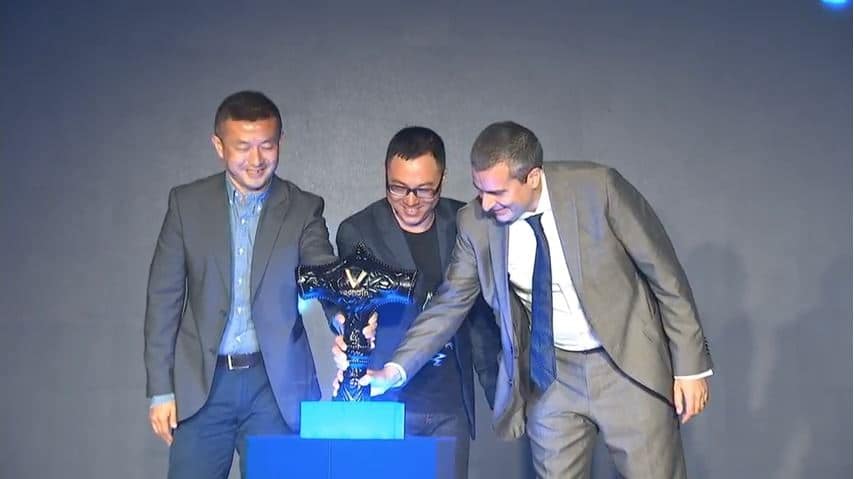VeChain Thor, a company which offers a service that uses Blockchain technology to verify the identity of people and products, has signed a partnership with NTT Docomo, the largest mobile phone operator in Japan.
Sony, MUFG Bank, and Okinawa Prefecture
VeChain Thor, originally just VeChain, was launched in November 2016 by BitSE, a company from Shanghai. It is designed to be used in anti-counterfeiting, supply chain management and asset management - in short, areas which require product authentication. It uses technology such as near field communication chips (NFC), which are also used in contactless Payments .
Its tokens, VET, have a market capitalisation of $644.6 million, making its blockchain the 21st most valuable in the world.
NTT Docomo was created in 1991 by Nippon Telegraph and Telephone to handle the mobile phone sector of its business. NTT, which is partly government-owned, holds most of the shares of Docomo. There are currently 76.3 million Docomo mobile phone subscriptions in Japan, according to Statista.
What is significant for the spread of Vechain Thor is that Docomo plans to upgrade to a high-speed network called 5G by the year 2020. In February 2018 it launched a partnership programme for companies that also want to develop industrial uses of the network - Sony, MUFG Bank and the local government of Okinawa have signed up.
It is through this network that VeChain Thor is to be utilised. The company said in a press release: “Our goal is to enhance and enrich our current data services capacity within traceability, supply chain management, and smartphones for our users. With our ongoing effort to bring traceability use cases in Japan into our ecosystem, the 5G program will bring additional value to VeChain’s presence in the region”.
Fashion technology and Mjölnir
Hailing from Singapore, VeChain Thor has a long list of partners - in fact, it was the first cryptocurrency company to transact with the Chinese government, by way of a partnership with the regional government of Guiyang.
In October 2016 VeChain was used by a fashion label called Babyghost to add NFC chips to items on its 'Indigo Child' line of clothing, according to Bitcoin Magazine. The clothes could then be scanned for an 'interactive memory' of an item's modelling history, which was stored on a blockchain. The parties involved called this vital breakthrough FashTech.
In May 2017 VeChain joined the incubation programme of accounting giant PricewaterhouseCoopers, and in May 2018 that firm bought a minority stake in the startup.
It has signed agreements with the regulators of the Chinese tobacco industry to help with the production of fake cigarettes, Oxford University, and car manufacturer BMW.
The company changed its name to VeChain Thor In February 2018.

Source: Reddit


















